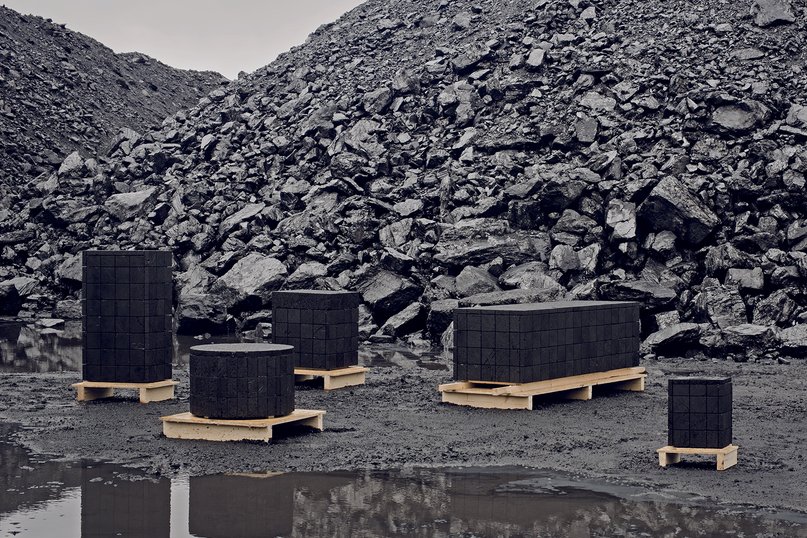
According to a report by the International Energy Agency, coal in 2018 was attributed to generating 38 percent of global electricity and accounted for 27 percent of all energy use worldwide. Due to being abundant and affordable, coal remains a main source of energy despite its environmental costs.
“Problematic, glorious, scandalous, essential – coal has many facets to it,” said Swedish designer Jesper Eriksson. “It has sustained communities and enabled technological progress, all the while polluting and harming health of those who work it. Its complexity stems from the fact that it has and still does affects a large portion of our civilisation. From culture to workers’ rights, from economics to ecology, from geology to poetry. In many ways, it is a material worth both celebrating and condemning.”
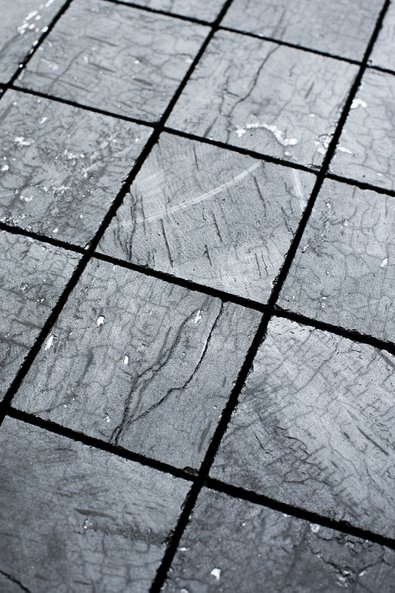
Seeking to explore a future where coal becomes a design material and is no longer considered a fuel source, Eriksson has created two collections of furniture pieces made of coal. Eriksson’s Coal:Post-Fuel A Speculative Future collection sees coal take the form of 90×90 mm tiles and presented as 5 pieces.
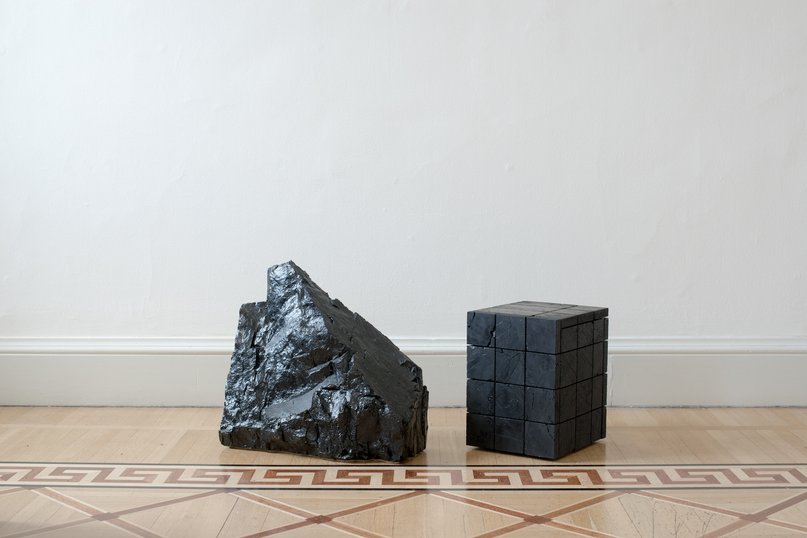
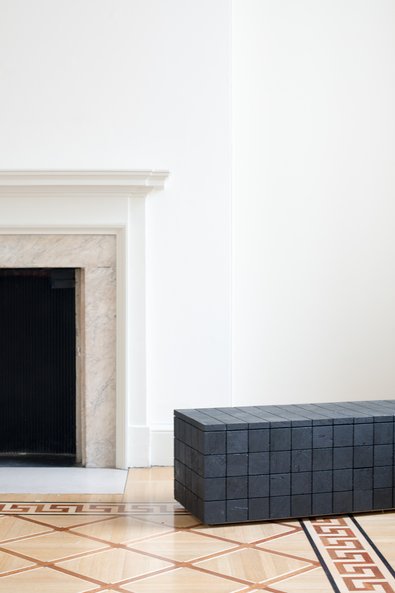
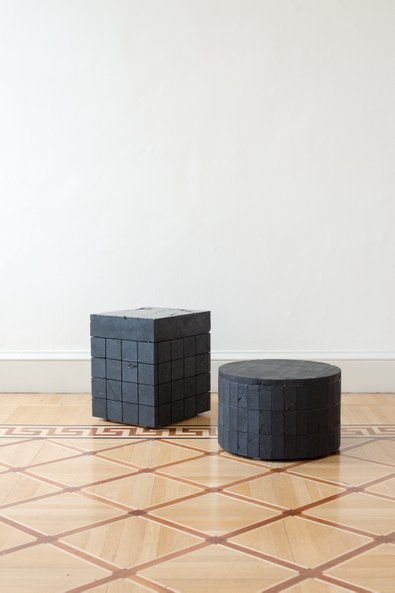
Eriksson’s Coal:Post-Fuel A New Social Relation collection utilizes coal in its raw form. The collection is composed of five furniture pieces that merge coal with glass and steel.
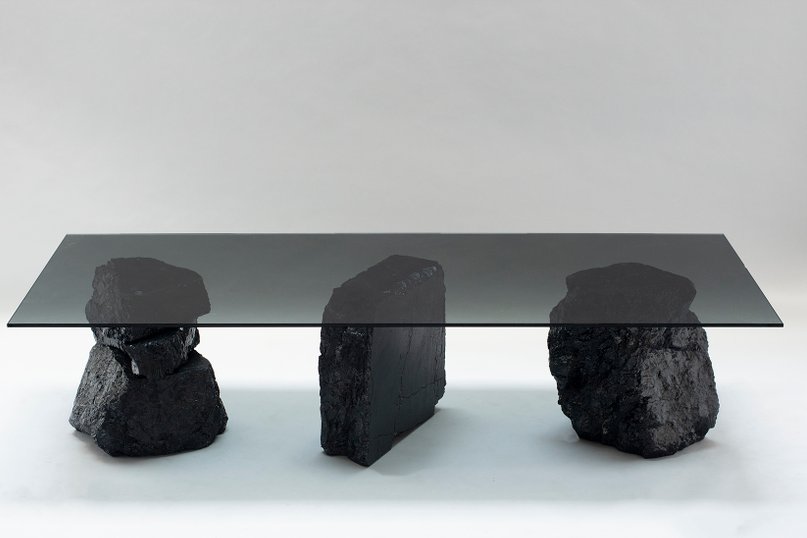
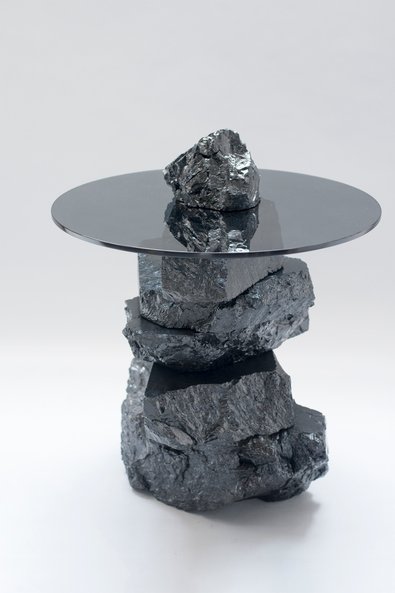
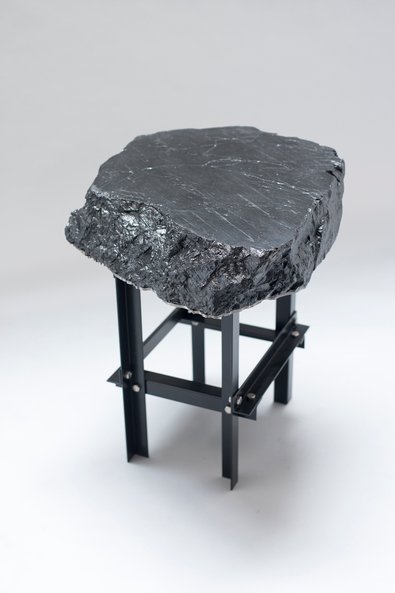
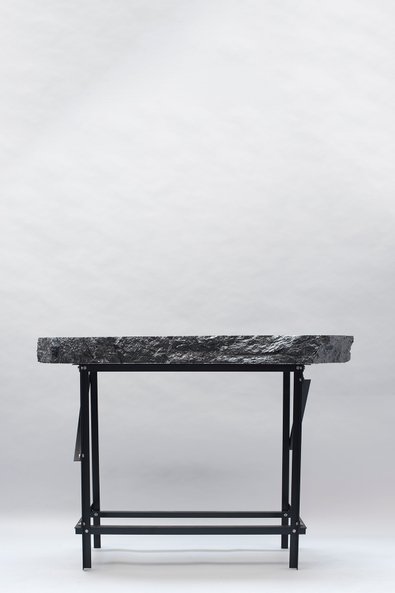
“The value of a material derives first from the meaning we assign to it as well as its use or purpose. We, as a society, construct this relation between matter and human. Its use comes with a set of consequences, constraints, possibilities etc,” explained Eriksson. “If its use is widespread, it will influence society on a larger level i.e. culture, believes, habits and artefacts – a civilisation’s narrative. At this level, the material is now so comprehensive it has its own connotation, social meaning, cultural references and so on.”
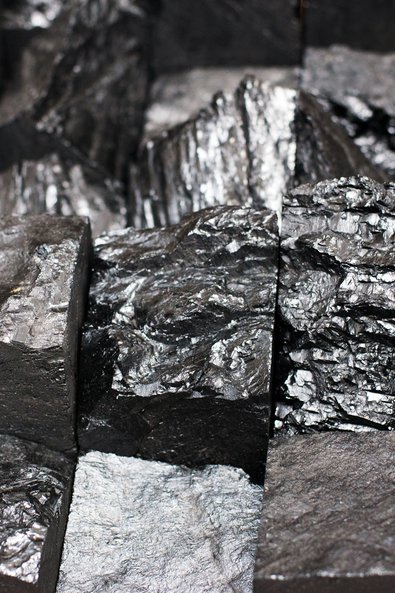
“By exploring a speculative alternative future of coal, we invite it into our material culture, into an intentionally problematic future narrative that forces us to re-examine our past relation to this material all the while re-defining our future relation to it,” added Eriksson.





